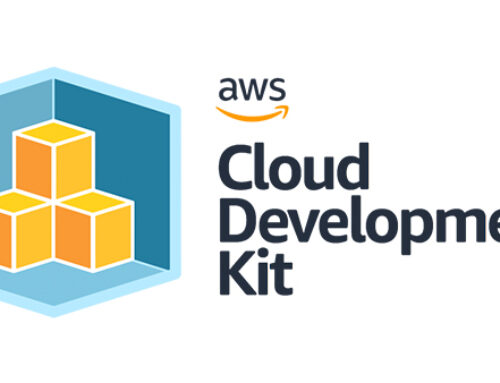
Product vs Project Teams
Any organization funds itself through various projects. Project teams are formed as a result of the demand in different projects. Lately, projects received by an organization involve developing a functioning product. The use of traditional approaches does not fit well into the modern framework. Project teams are dismantled immediately after a project is completed. If the project’s output is a product, there needs to be a servicing team, operation team, and support team to continue maintaining the product. This creates new challenges in workforce assignment, budget assignment, and overall efficiency of operations. Teams built for the right purpose, keeping the future in mind is the most effective solution to dealing with this issue
What are project teams?
A project team is a multidisciplinary team in which the members picked out from various departments are brought together. The primary responsibility of a project team involves completing the project work according to a project schedule. The success of a project team depends on the skills of the members who need to be flexible enough to cater to different phases of a project life cycle. A project manager and few other people of authority lead the project team to the completion of the project.
Disadvantages of a project team –
- Lack of empowerment in a team –
A model that is sales-driven and stakeholder-driven derives ideas from a very small space. The team itself has no opinion and simply exists to implement the ideas that come to them.
- Role of product in the model –
A project team focuses on project management. A product plays no role in the structure and functioning of the team. Gathering requirements and documenting them pushes project management off the priority list.
- Sticking to a road map –
Project teams often wish to be in the know. They want a foreseeable outcome on anything they are working on. In building products, most roadmaps do not work. Fixating over these roadmaps and trying to rebuild them is a waste of precious resources. - The entire process is project-centric –
The funding is based on the fixed result, the focus is always on the outcome instead of the output and at the end, there is a product that has no team to make it function properly.
What are product teams?
A product team ideally is an output-oriented, cross-functional, and long-lived team that focuses on solving problems rather than delivering the outcome in a scheduled time. These teams take up problems that need continuous improvements and updates. The individuals or sub-teams focus on narrow and precise functions instead of having a holistic outlook. The team and its association with the problem area are long-lived. They prioritize achieving flow instead of predictability and focus more on output rather than outcomes. This is a more modern approach that drives business through a digital platform in the contemporary world.
Difference between a project team and a product team –
- A project team gets funding on the pre-defined solution or scope of the project. A product team is funded based on the work that they do continuously after having periodic reviews with the client on business strategy.
- A project team is brought together primarily for building a solution. A product team is formed to build, run and iterate a solution. Sometimes it can pivot to a different solution as long as it is relevant to the problem at hand.
- In a project team, ideating, building, and running of a project are assigned to various departments. A product team has a single department for this process, with a unified hierarchy for reporting various matters.
- A project team lasts until project funding does, which is the time until which the preconceived solution is to be delivered. This ranges from some weeks to some months. A product team runs until there is business relevance in pursuing new ideas and new solutions to the existing problem. This lasts for at least a few years.
- Project teams prioritize the business and managing a portfolio. Product teams prioritize roadmap items, cross-cutting initiatives, and so on, by assigning them to different departments.
- In a project team, benefits are gauged before the project approval. After project delivery, there is no mechanism in place to validate the actual benefits of the output. Product teams ensure adequate benefits through reviews from product owners, user surveys, or business feedback.
- The definition of success for a project team stems from the delivery of the scope agreed upon at the beginning within the designated time. Product teams define success as a metric related to business outcomes. Hence, every product team is KPI-driven.
- Project teams are organized according to skills required in the present templates. Product teams are organized based on business-relevant capabilities and necessary technical skills. Both the factors are essential to reach an outcome with a certain degree of autonomy but without losing focus on the business goals.
Benefits of product teams –
- Ability to reorient quickly with the help of a dedicated division that acts on new feedback.
- Reduced end-to-end cycle time by increasing responsiveness through faster reorientation and execution.
- Ability to truly iterate by being fail-cheap and saving money as teams are stable and long-lived.
- Knowledge retention because of the stability and relative permanence of the product team as opposed to a project team.
- Preservation of architectural integrity through better awareness of the consequences of inappropriate integration.
Hence, project teams aren’t necessarily bad, but just outdated. Product teams cater better to the needs of the digital world of business. It has greater responsiveness and realizes more benefits than a traditional project team. Transitioning from a project team to a product team must be done in small steps, learning and adapting on the way. Making big changes on projected benefits is the strategy of a project team. To form a product team, start with one or two changes and observing the benefits before going further. This is the approach a proficient product team will take.


